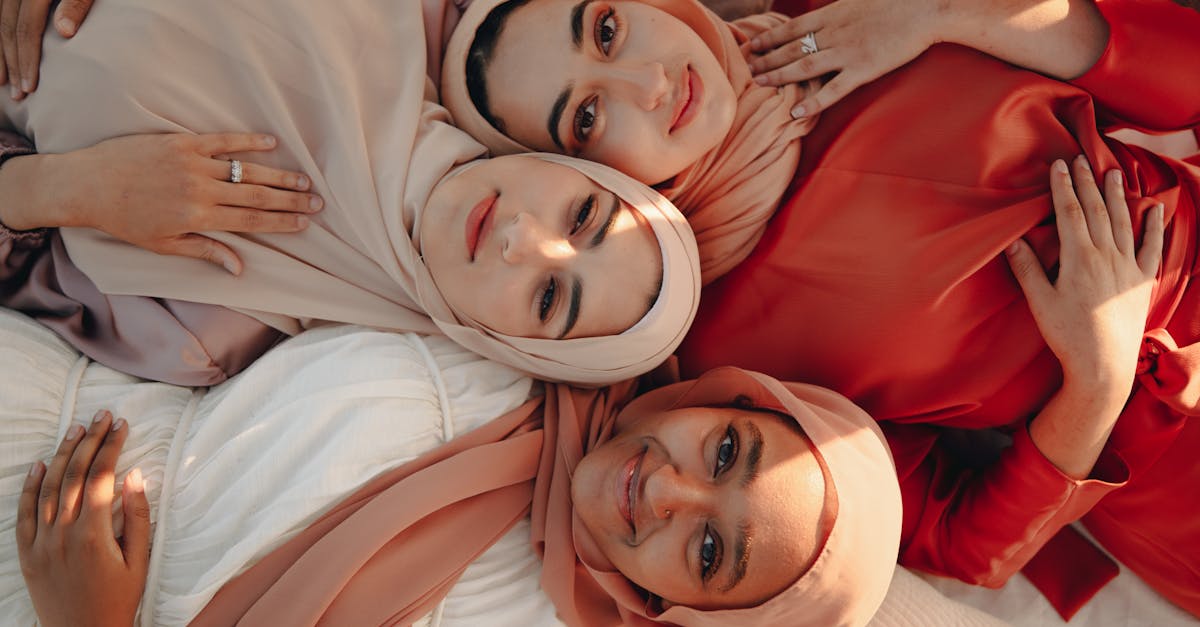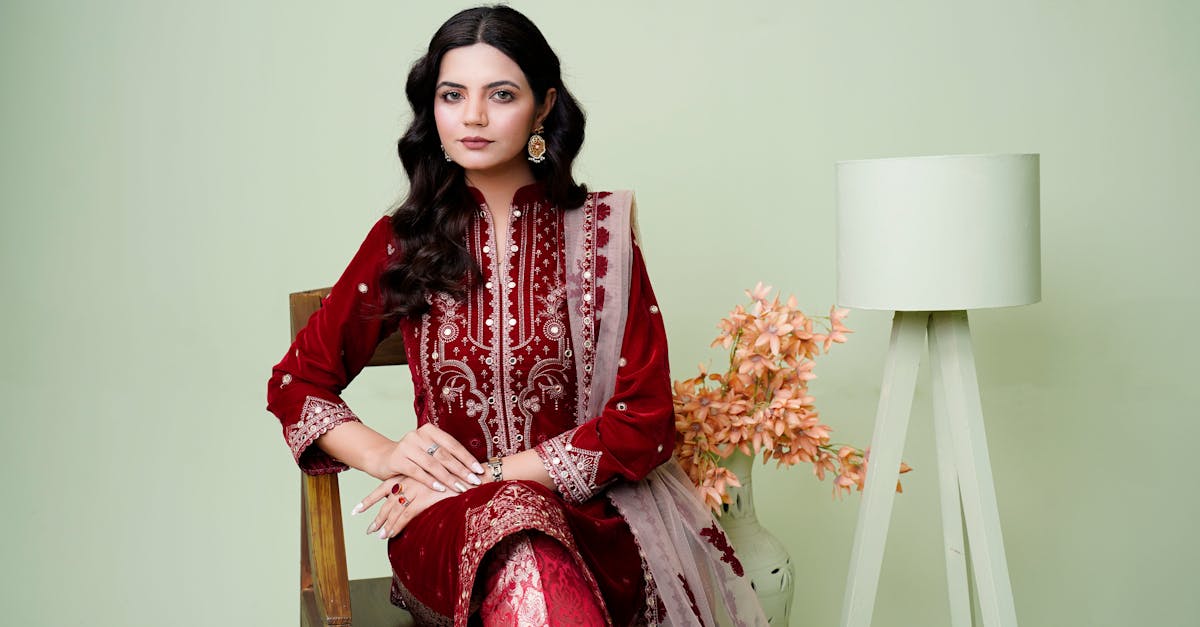Mindful Fashion Embrace Evolution With Style And Consciousness
Introduction
In the dynamic world of fashion, style and consciousness are increasingly entwined, giving birth to what we now term as "mindful fashion." This movement has sparked a transformative shift in the industry, urging designers and consumers alike to consider the environmental and ethical impacts of their choices. But what fuels this evolution to a more conscious approach to clothing? Several factors, including the rise of eco-friendly practices, consumer awareness, and innovative solutions, play pivotal roles. As society grows more cognizant of its footprint, the desire for sustainable alternatives increases. Hence, this article delves deep into the evolution of mindful fashion and its significance today.
Advertisement
The Rise of Eco-Friendly Practices
Eco-friendly practices are at the heart of mindful fashion, driven by the pressing need to address environmental concerns. Brands are increasingly adopting sustainable materials such as organic cotton, recycled polyester, and plant-based dyes. These materials not only reduce the strain on resources but also minimize carbon footprints. Circular fashion, wherein products are reused, recycled, or upcycled, is gaining traction. Large fashion houses are committing to ‘zero waste’ policies, ensuring all parts of textiles are utilized. This paradigm shift highlights that sustainable fashion is no longer a niche but a necessary evolution in safeguarding our planet.
Advertisement
Consumer Awareness and Demand
Today's consumers are informed and discerning, demanding transparency and accountability. The conscious consumer movement underscores a preference for quality over quantity, promoting investment in durable, timeless pieces. Social media platforms amplify consumer voices, holding brands accountable and encouraging ethical practices. Surveys reveal a growing segment willing to pay a premium for sustainable options. This shift in consumer mentality compels brands to evolve, aligning their practices with new-age values. Hence, consumer awareness is not just a catalyst but a cornerstone in the mindful fashion evolution.
Advertisement
Ethical Production Standards
Mindful fashion extends beyond environmental consciousness to encompass ethical production standards. The movement draws attention to fair wages, safe working conditions, and the well-being of garment workers. Advocates call for transparent supply chains and equitable treatment across the industry. Ethical considerations ensure that the people crafting these garments are as prioritized as the environment. Brands like Patagonia and Everlane showcase successful models of ethical production, setting benchmarks for emerging fashion ventures. By championing humane practices, mindful fashion positions itself as a holistic approach to industry reform.
Advertisement
Technological Innovations in Fashion
Technology is a driving force in the mindful fashion sphere, introducing innovative solutions to old challenges. From 3D printing and digital fashion to biodegradable fabrics, technological advances redefine production processes. Artificial intelligence assists in optimizing resource usage, minimizing waste. Virtual reality facilitates virtual fashion shows, reducing the environmental burden of large-scale events. Nanotechnology in textiles provides advanced durability and eco-friendly attributes. These innovations not only enhance sustainability but also create new avenues for creativity and individuality in fashion.
Advertisement
The Role of Policy and Legislation
Growing awareness of the need for mindful fashion has drawn the attention of policymakers. Governments worldwide are implementing policies to encourage sustainable practices in the industry. European nations lead the charge with stringent regulations on waste and emissions. Subsidies for eco-friendly materials and taxes on pollutants incentivize green practices. Legislation aimed at reducing textile waste propels the industry towards circularity. Such regulations ensure that responsibly sourced fashion becomes the norm rather than the exception, bolstering the mindful fashion revolution.
Advertisement
Mindful Fashion in the Global Market
Mindful fashion is carving its niche in the global market, transcending borders and cultures. As international fashion weeks increasingly spotlight sustainable brands, global awareness burgeons. Developing regions adapt to localize sustainable practices, marrying tradition with modernity. Collaborative initiatives between global fashion councils and grassroots organizations promote sustainable ethics. Brands in Asia and Africa lead innovations in indigenous techniques, offering sustainable alternatives with cultural significance. In the ever-globalized marketplace, mindful fashion emerges as a unifying force championing diversity and sustainability.
Advertisement
Challenges on the Path to Mindfulness
Despite its momentum, the journey to truly mindful fashion encounters several challenges. Mislabeling and "greenwashing"—where brands falsely claim environmentally friendly practices—misleadingly thrive. The affordability of sustainable fashion remains a hurdle, as eco-friendly materials often incur higher costs. Small brands find it difficult to compete with fast-fashion giants on pricing. Consumer education still has a long way to go, ensuring that ethical choices are made with knowledge rather than trend influence. Bridging these gaps is crucial for mindful fashion to realize its full potential.
Advertisement
Future Trends in Conscious Fashion
The future of mindful fashion holds exciting prospects as innovations continue to emerge. Community-focused fashion, promoting clothing swaps and cooperative ownership, is gaining momentum. Biodegradable clothing options that reduce landfill impact are in development. Increased collaboration between designers and scientists heralds a new era of pioneering materials. Wearable technology and smart garments promise functionality alongside sustainability. The evolution of mindful fashion is a testament to human creativity, promising styles that merge consciousness with progression.
Advertisement
Conclusion
Mindful fashion represents a significant shift towards harmonizing style with sustainability. It challenges the status quo, transforming consumers into ethically aware participants in a larger global narrative. As fashion continues to evolve, embracing eco-friendly practices, ethical production, and technological innovation becomes imperative. Although obstacles persist, the dedication to mindful fashion signals hope and resilience. In this new era, fashion is not just about what we wear but also how we consciously interact with the world, evolving in style and consciousness.
Advertisement








